News
Jessica Brown
Dec 07, 2016
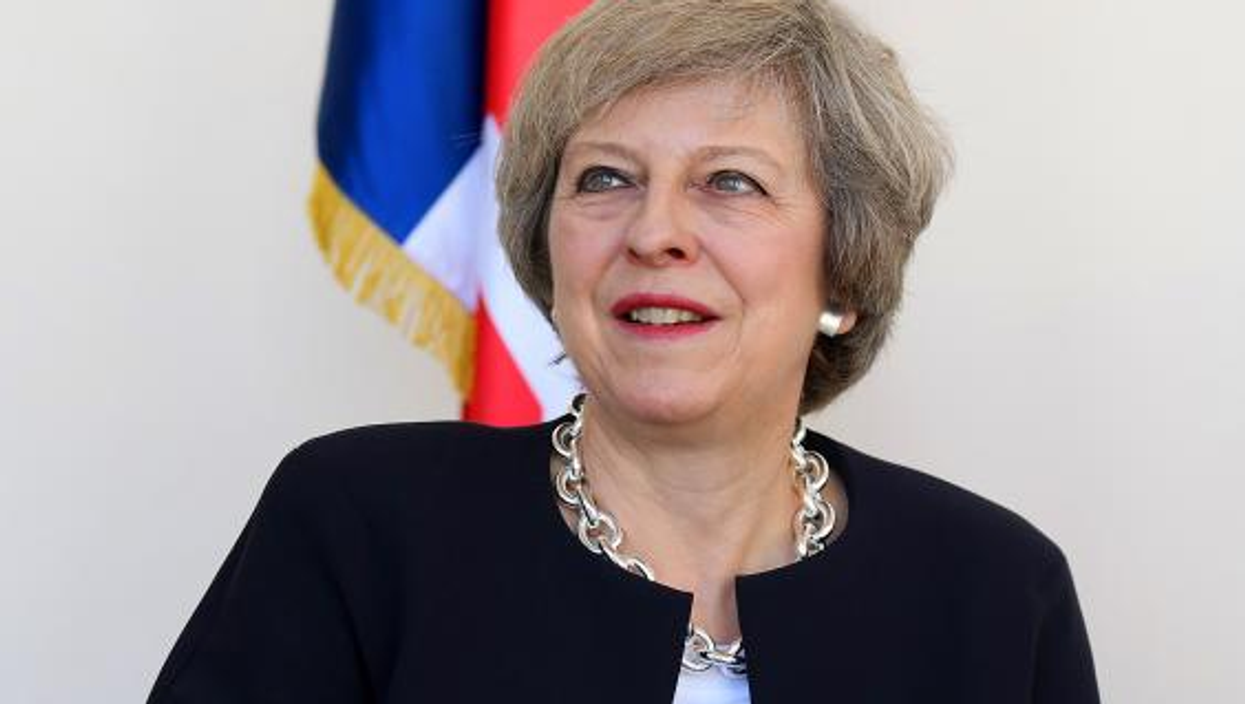
Prime Minister Theresa May visited Bahrain this week as part of her ‘new chapter' in relations with the Gulf, where she will attend a dinner with the leaders of the oil-rich state and Saudi Arabia.
She is the third Western leader to ever be invited to Gulf Co-operation Council summit, and the first women to ever speak at one.
Ahead of the trip, May said:
This year marks 200 years of relations between Bahrain and the United Kingdom and a century of ties with Saudi Arabia, but in recent years our relationship hasn’t felt as close as it is old. I want to change that.
She went on to say she wanted a "true strategic partnership".
Human Rights Watch describes Bahrain’s human rights situation as "highly problematic". The country restricts freedom of speech, security forces use disproportionate force against unrest and has failed to hold to account officials who have committed torture.
Foreign Secretary Boris Johnson also defended Saudi Arabia’s bombardment of Yemen on last week’s Andrew Marr Show, despite a UN panel finding 119 air strikes by the Saudi-led coalition potentially in breach of human rights law.
He said:
We do not think a threshold has been crossed. So far we do not believe there has been a clear risk of breach of humanitarian law in respect of the use of those weapons.
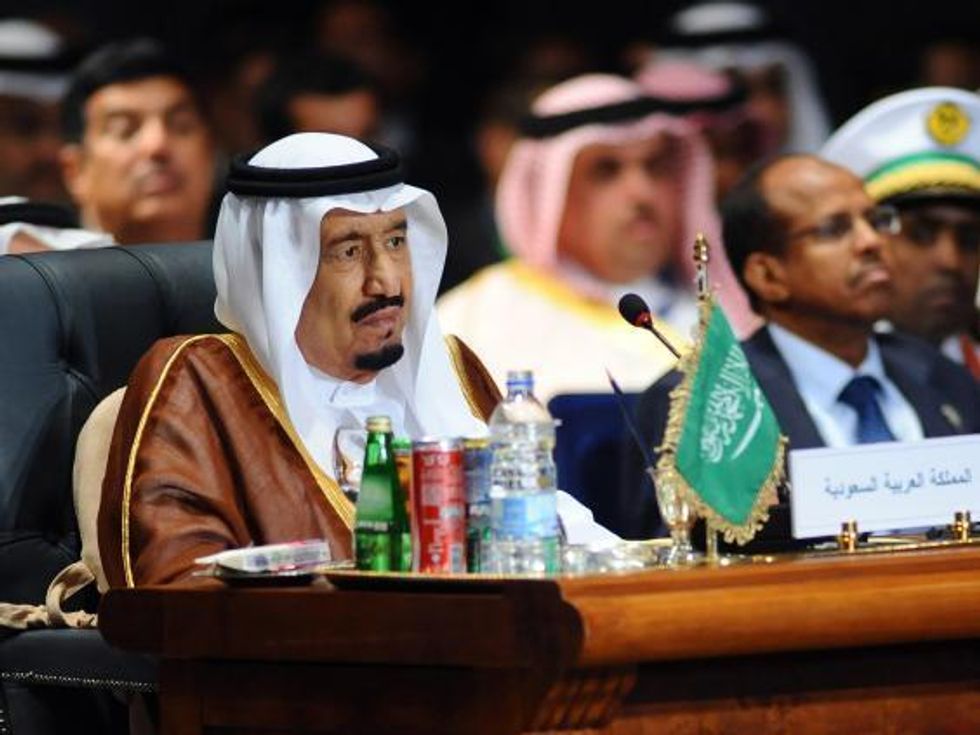
Channel 4 correspondent Ciaran Jenkins pointed out the hypocrisy of all this:
Last week: Castro was an evil dictator. This week: Britain forges closer ties with Saudi and Bahrain.
Indeed, May did not attend Fidel Castro’s funeral, and Johnson only issued a lukewarm statement following his death last month.
Whatever the reason for the contrasting enthusaism for the different countries, we're sure it has nothing to do with the countries' economies and/or wealth and/or natural resources and/or imports of arms.
More: Putting Saudi Arabia's execution of 47 people into historical context
More: It snowed in Saudi Arabia and this guy's response was amazing
Top 100
The Conversation (0)
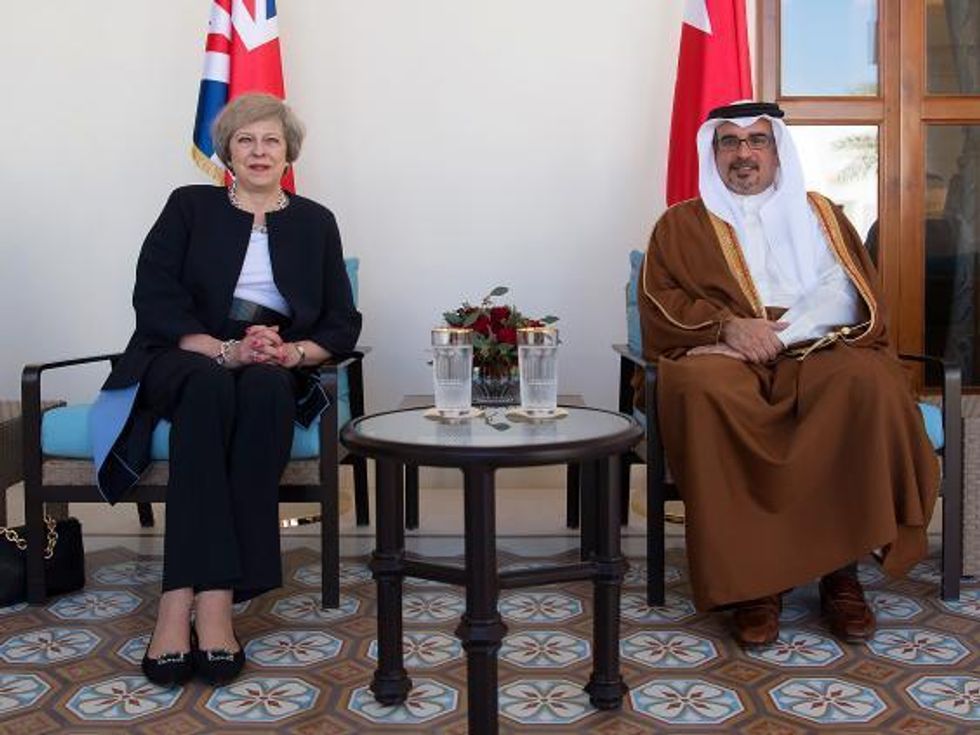











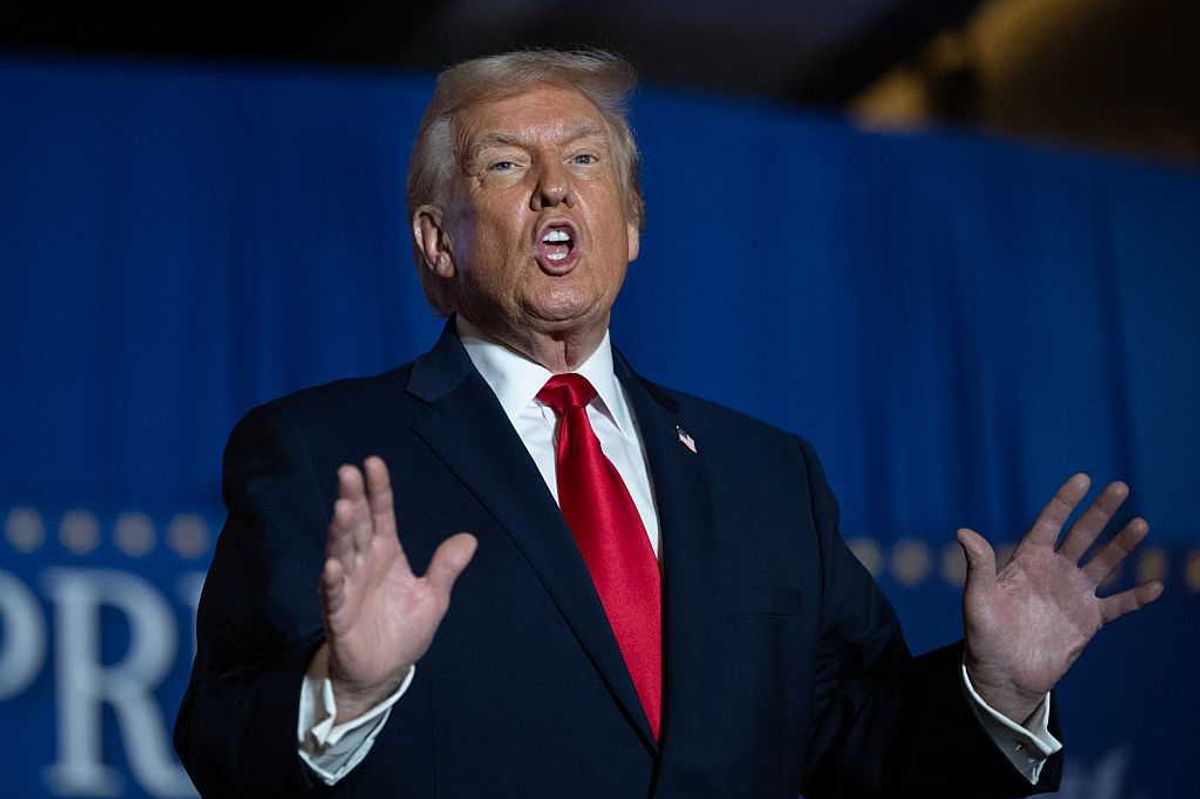
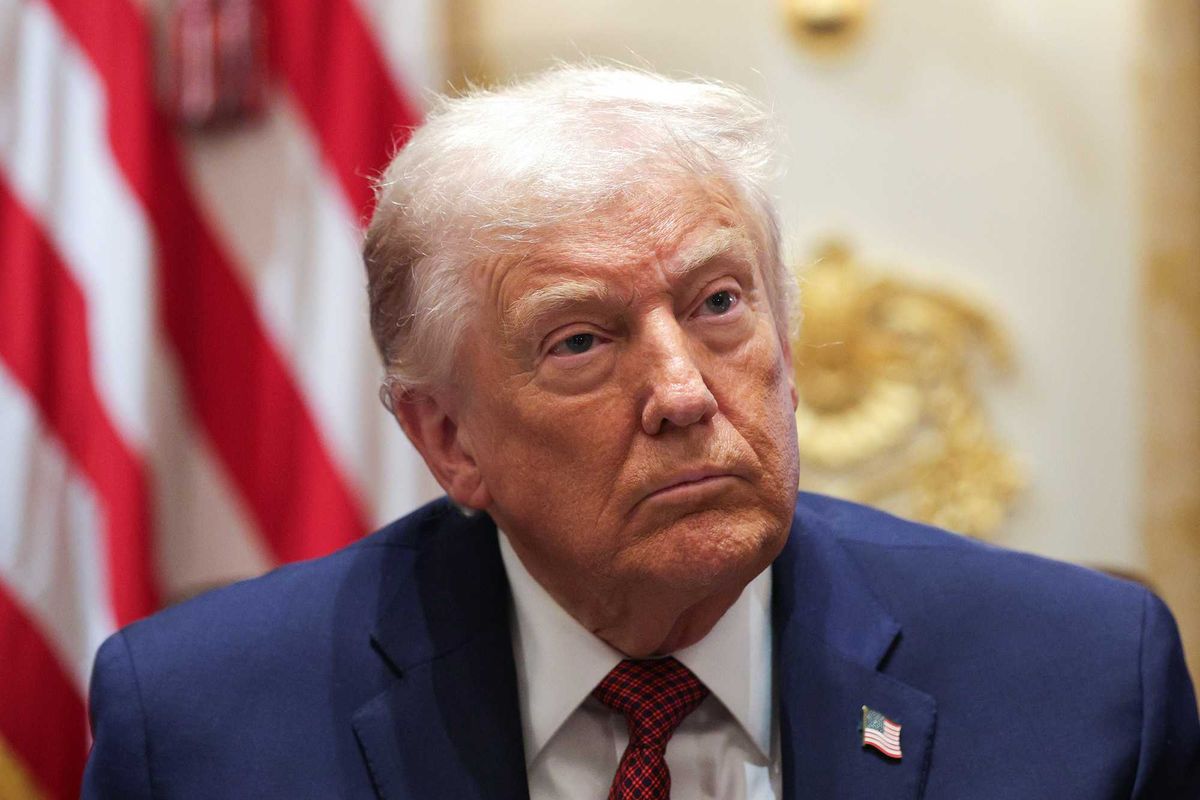
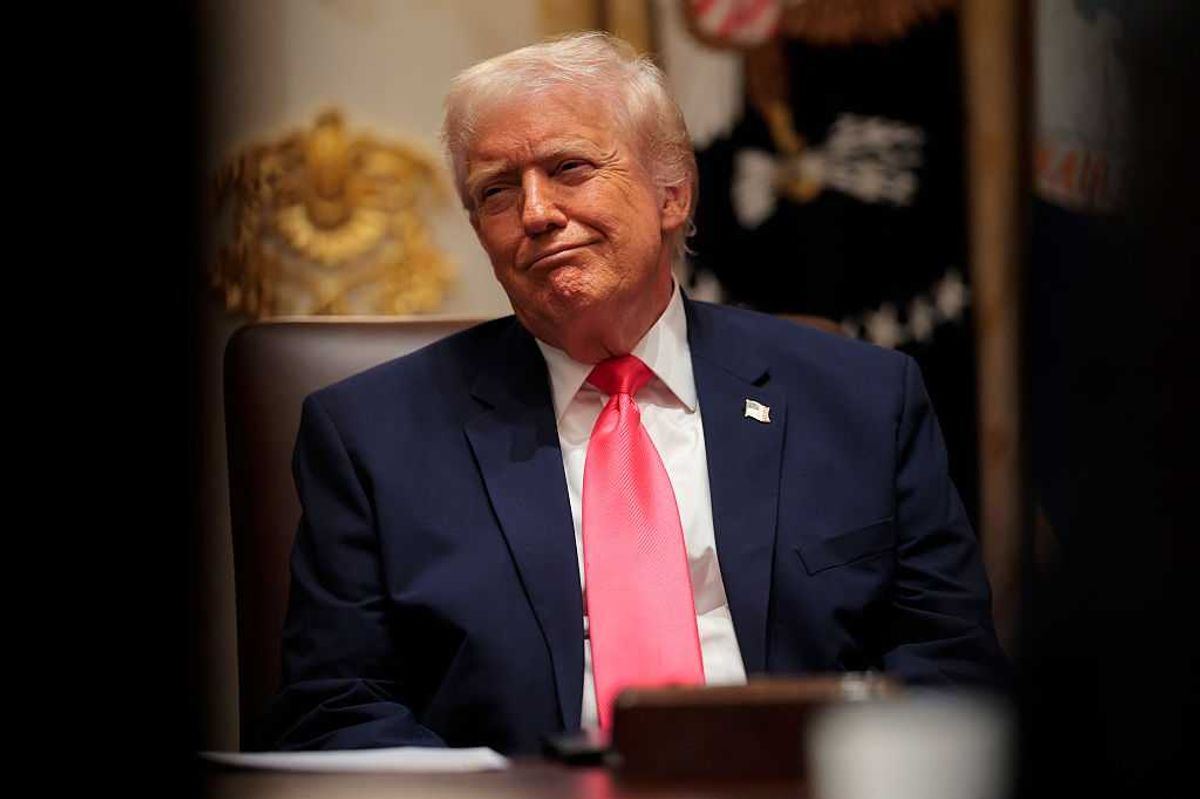
Donald Trump explodes at 'obnoxious' reporter